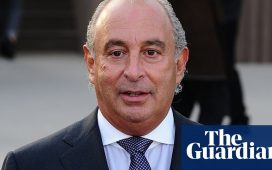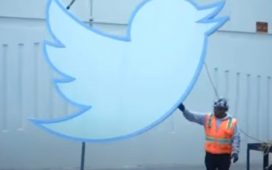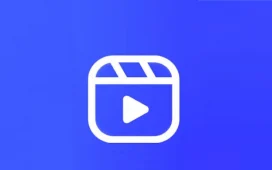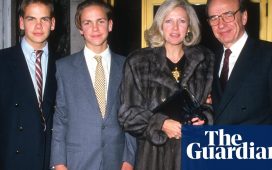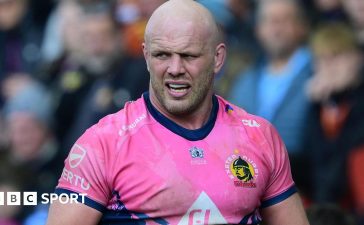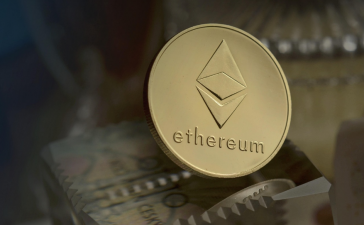Unlock the Editor’s Digest for free
Roula Khalaf, Editor of the FT, selects her favourite stories in this weekly newsletter.
Taylor Swift has reinstated her music on TikTok, putting her at odds with her own record label, Universal Music, which went to war with the social media group in February, muting her songs and the rest of its vast catalogue from the platform.
A selection of Swift’s songs was made available again on TikTok on Thursday, ahead of a planned album release next week.
Swift, who owns the copyrights to her recordings through a 2018 deal struck with Universal, can control where her work is made available, unlike many other artists. Her return to TikTok had been in the works for some time, people familiar with the matter said.
Universal Music did not respond to several requests for comment, nor did TikTok or a representative for Swift.
Swift’s move underscores the power musicians hold in owning their own work — a point she has emphasised by re-recording her catalogue after it had been sold to private equity groups.
Universal began requesting that TikTok mute its songs on January 31, after a breakdown in negotiations over royalty payments and how to treat songs created by artificial intelligence.
The stand-off is among the most heated clashes between tech giants and media groups in recent memory. It has left artists without one of their most important promotional tools, while TikTok users have seen large numbers of their videos muted. The two companies are still at an impasse.
The return of music’s biggest star to the platform underscores TikTok’s importance to artists as one of the biggest drivers of music discovery and promotion. Swift is set to release a new album, titled The Tortured Poets Department, on April 19.
Universal Music is the largest record company, controlling about a third of the world’s music. Big music companies earn billions of dollars a year through royalty payments from streaming services and social media groups including Spotify, Apple and Meta. They usually renegotiate these contracts every couple of years.
When talks fell apart TikTok had been offering to pay Universal a “low single-digit” percentage of its advertising revenue for the use of its music, according to people familiar with the matter. This compares to a rate of about 20 per cent that YouTube pays.
The other big sticking point is artificial intelligence. Universal wants TikTok’s royalty money to go towards musicians, while TikTok wants the pot to also be shared with fans who use AI to make their own tracks.
Swift has herself waged battles with tech companies in the past. In 2014, she pulled her music from Spotify, explaining that she was “not willing to contribute my life’s work to an experiment”. She returned in 2017.

